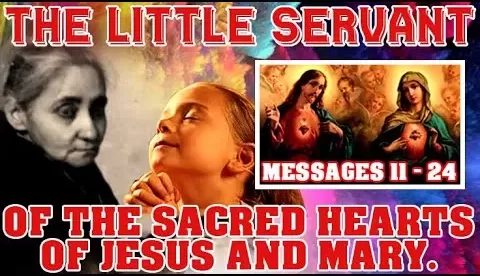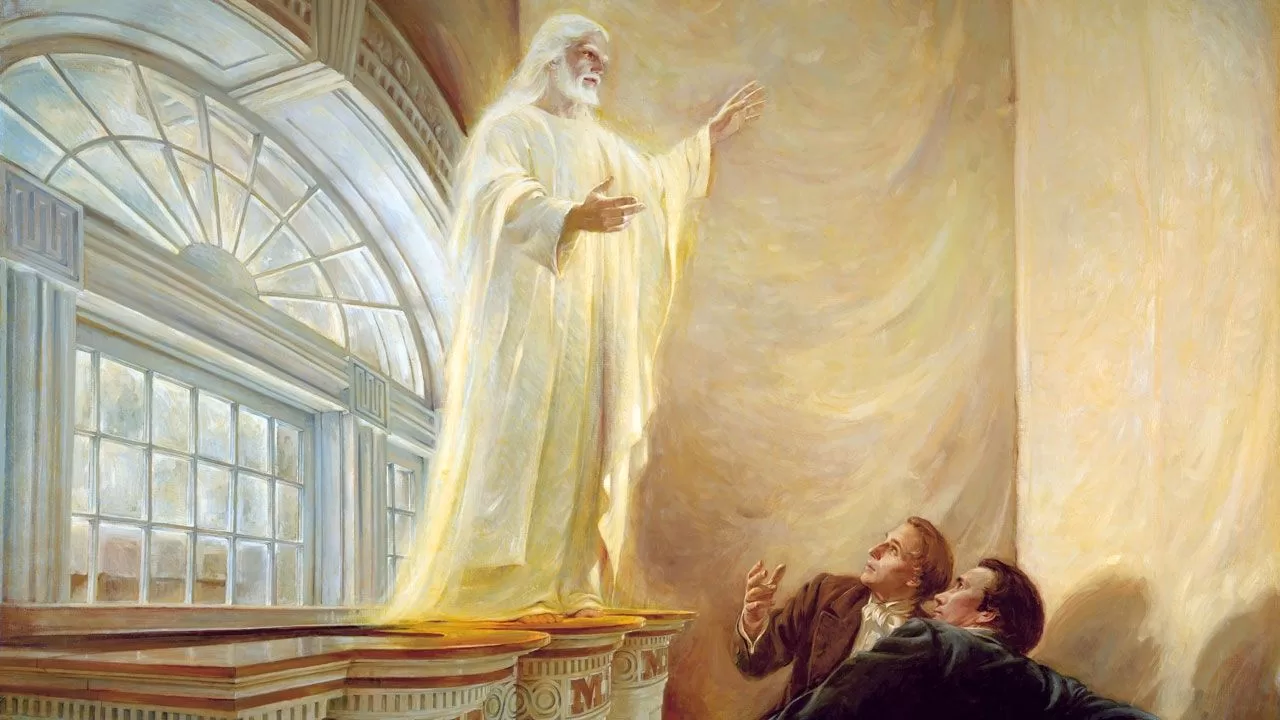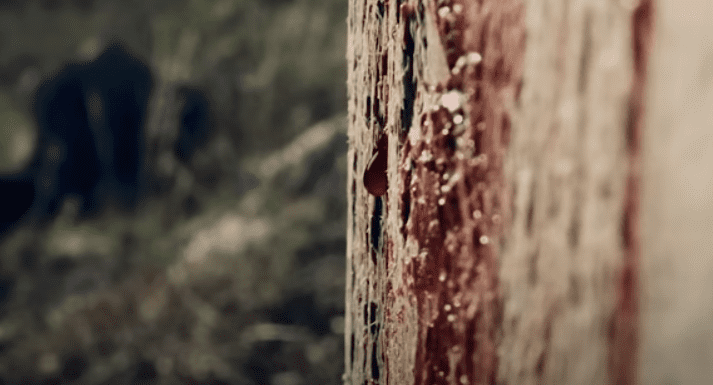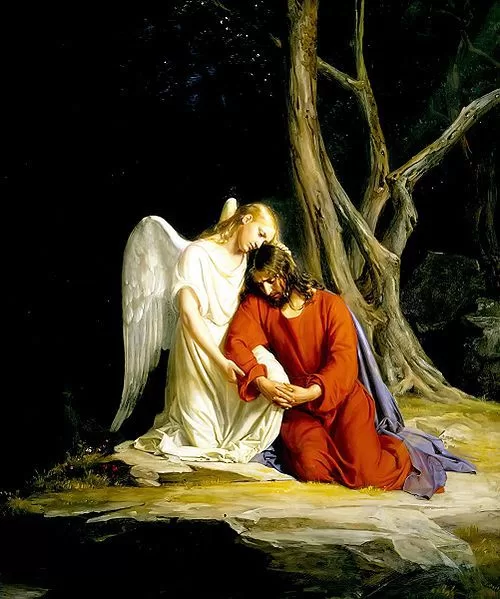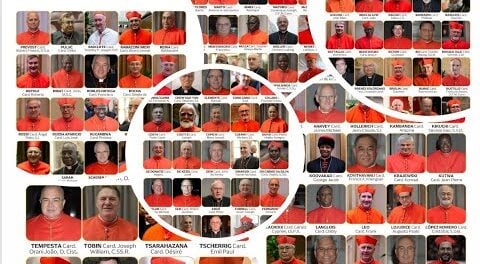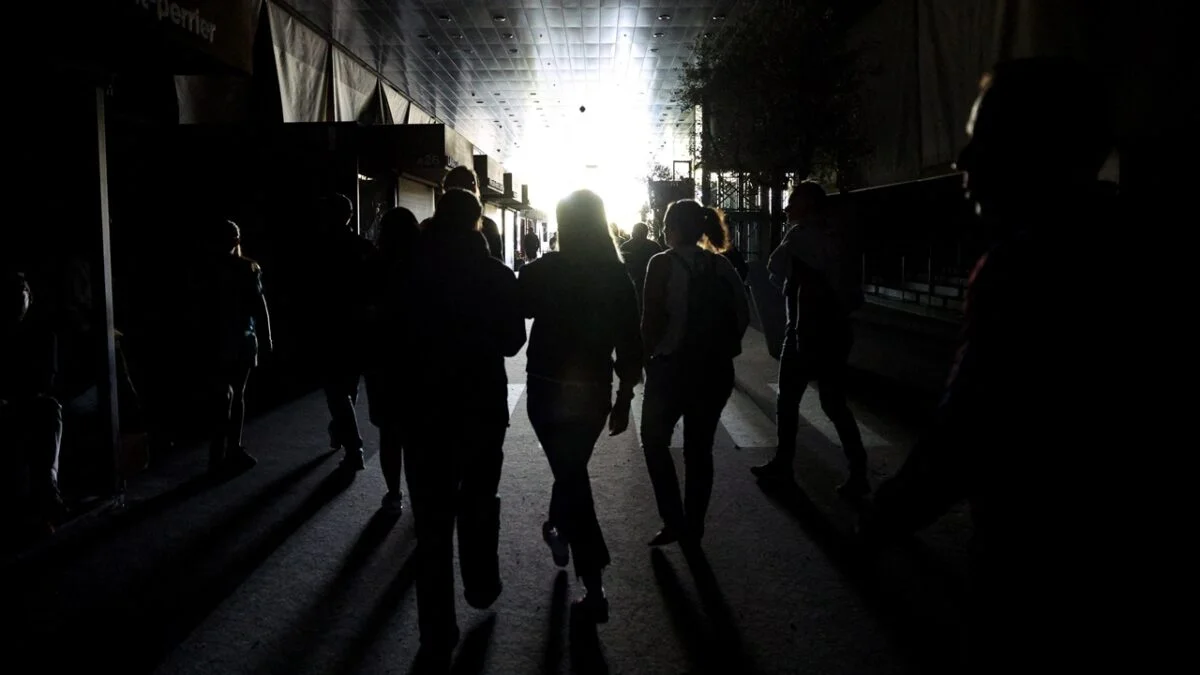
Category: Catholic Motivation
-
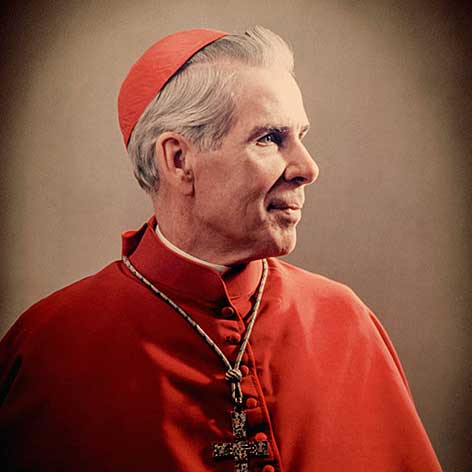
Fulton Sheen’s Clear Warning About the Anti-Christ
Read More: Fulton Sheen’s Clear Warning About the Anti-Christhttps://www.youtube.com/watch?v=LhaCjUGamjk By Joseph Pronechen , NC Register In 1947, Archbishop Fulton Sheen forewarned what no one thought possible for these times. Setting the Stage Far-seeing Archbishop Sheen said that the anti-Christ will not be called by that name, “otherwise he would have no followers.” Same for the way he, the devil, is depicted such as…
-

The Miracle Prayer| Jesus will change your whole life!
Read More: The Miracle Prayer| Jesus will change your whole life!Lord Jesus, I come before you, just as I am, I am sorry for my sins, I repent of my sins, please forgive me. In your Name, I forgive all others for what they have done against me. I renounce Satan, the evil spirits and all their works. I give you my entire self, Lord…
-
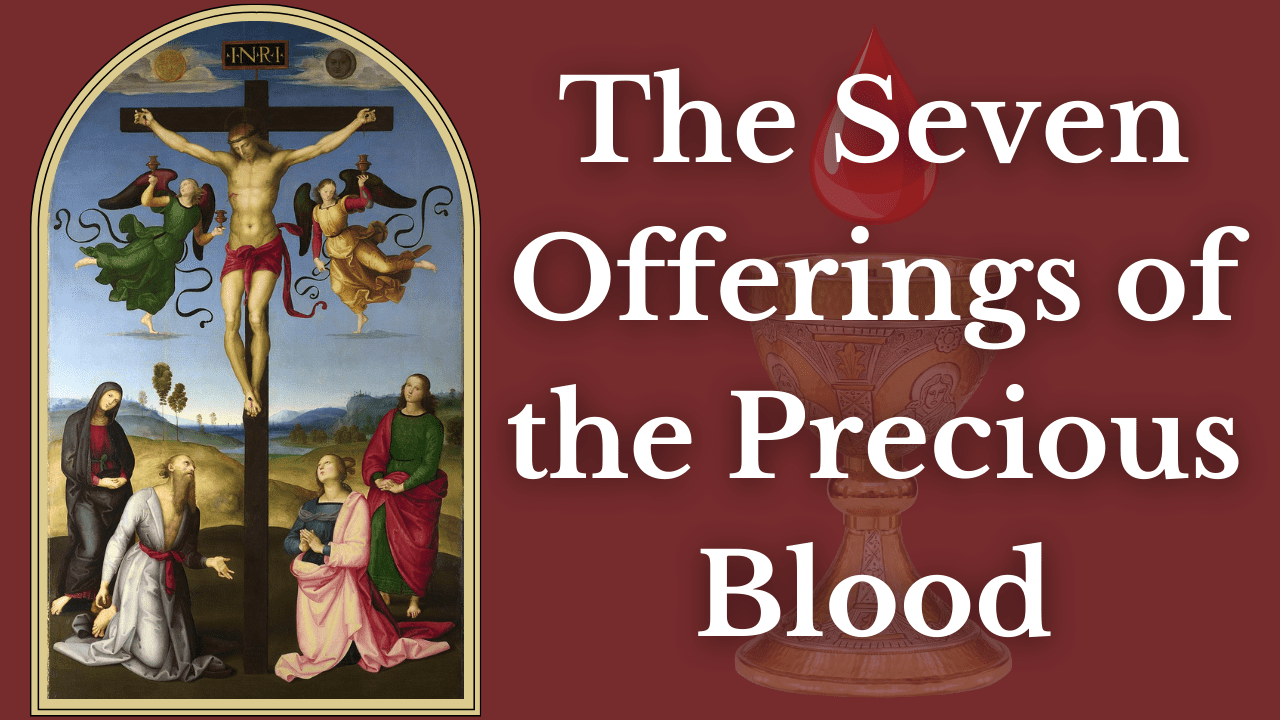
The Seven Offerings of the Most Precious Blood
Read More: The Seven Offerings of the Most Precious BloodEternal Father, I offer Thee the merits of the Most Precious Blood of Jesus, Thy Beloved Son and my Divine Redeemer, for the propagation and exaltation of my dear Mother the Holy Church, for the safety and prosperity of her visible Head, the Holy Roman Pontiff, for the cardinals, bishops and pastors of souls, and…
-
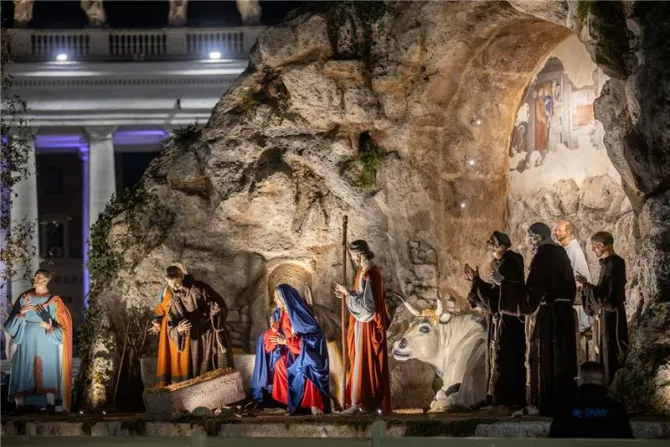
Nurturing the Soul in the Advent Glow – A Nine-Day Christmas Novena
Read More: Nurturing the Soul in the Advent Glow – A Nine-Day Christmas NovenaCatholic popular devotion began praying the “Christmas Novena” on Dec. 16. “Novenas” are nine days of prayer for a particular intention. They were very common in popular Catholicism before Vatican II (e.g., many parishes had Miraculous Medal or St. Jude novenas) but their origin is biblical: the first novena was made by the Apostles with…
-
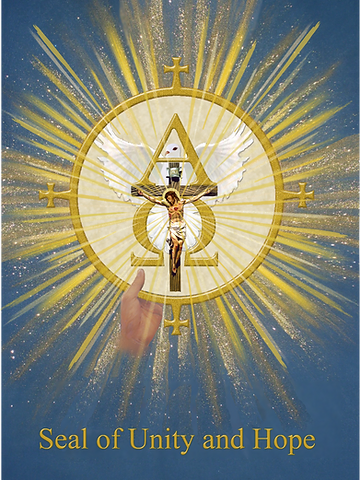
Explanation of Mother of Unity and Hope Image
Read More: Explanation of Mother of Unity and Hope ImageBishop Roman Danylak, former bishop of the Ukrainian Catholic Diocese of Toronto, Canada, approved this image. A priest from the Vatican called the image a “complete theology”, and had it blessed by Pope Benedict XVI. Summoning her children with an intensity found throughout the messages given to a privileged soul, Our Mother of Unity and…
-

Meditations for Advent| Meditation I- The Heart of the Infant Jesus, Our Coming Light
Read More: Meditations for Advent| Meditation I- The Heart of the Infant Jesus, Our Coming Light“Behold, the Lord cometh, and all His saints with Him; and in that day there shall be a great light.” All. Ant. at Lauds. “And the light of the moon shall be as the light of the sun, and the light of the sun shall be sevenfold, as the light of seven days, in the…
Search
Popular Posts
-
🙏 A New Chapter Begins: Supporting Pope Leo XIV with Prayer and Hope | W/ Daniel O’Connor
“Give the new pope a break and support him with your prayers.”–…
-
Possible Candidates for The Next Pope!
Some Candidates for the New Papacy Today we will share with you…
Categories
Archives
Tags
#Miracles (102) 2023 (4) 2024 (4) approved miracles (2) catholic (141) catholic blog (375) catholic meditations (7) catholic miracles (371) catholic motivation (2) catholic news (371) catholic prayers (4) CatholicSeers (359) catholic vlog (375) catholic websites (6) Eucharistic miracle (2) fr jim blount (3) GisellaCardia (11) hamas (3) imitation of christ (2) Israel (4) israel live (5) Israel news (9) jesus (3) jesus christ (4) Latest messages (11) lent 2023 (10) lent 2024 (4) lent homily (2) lent retreat (4) lent retreat 2023 (3) Lourdes (2) messages from god (6) MessagesFromHeaven (364) miracles of catholic church (2) mother and refuge (2) ourlady (325) OurLadyApparitions (22) our lady of lourdes (2) Pope (2) POPE francis (3) pope francis news (2) prayers (3) real miracles (356) sacred heart of jesus (2) The Miracles of Lourdes (2)


